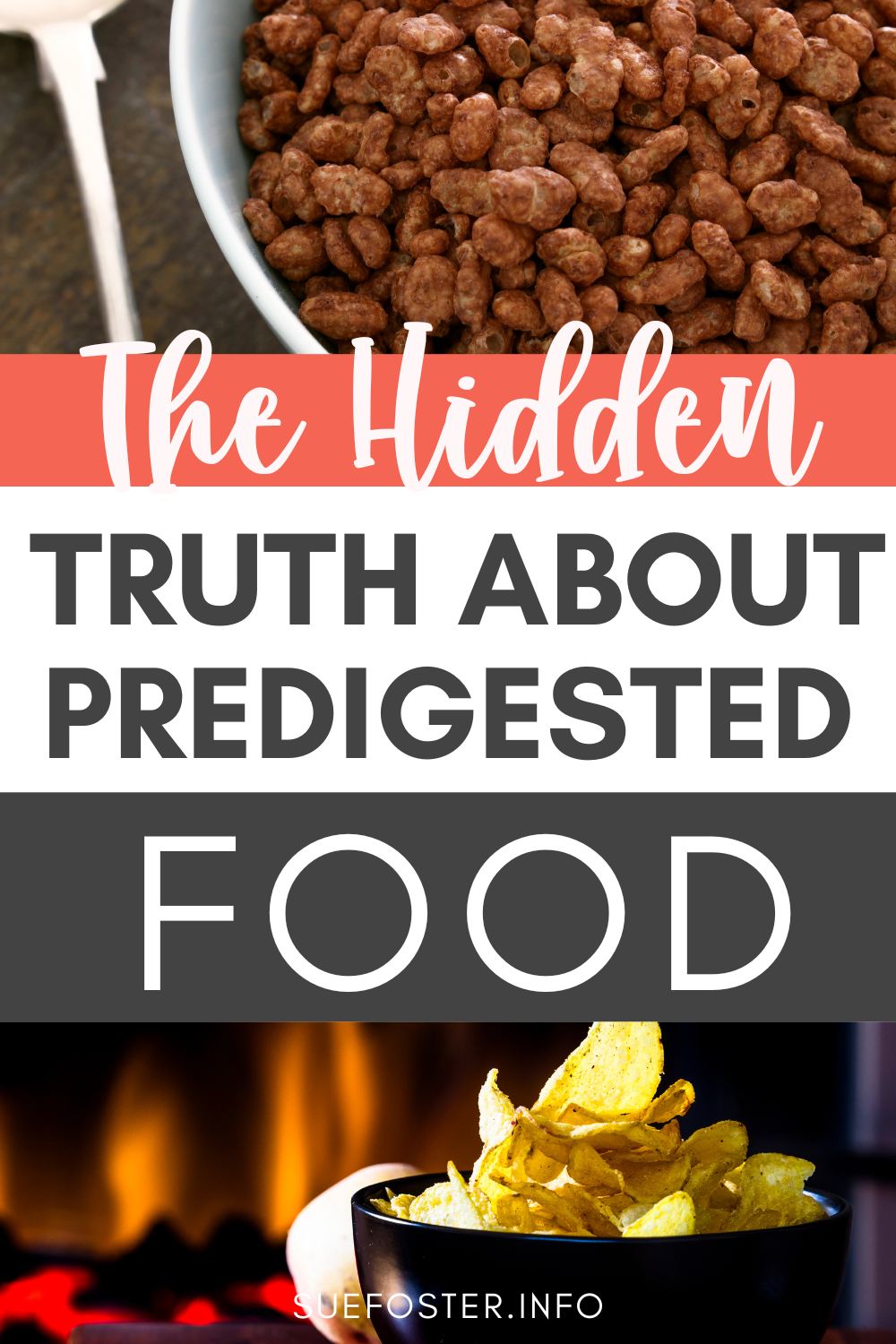
Have you ever found yourself unable to resist the temptation of finishing that tube of Pringles or a pack of chocolate biscuits? You’re not alone. This irresistible urge is not just about your lack of willpower; it’s about the science behind the food you’re consuming. Many of the snacks we consume daily are made from ‘predigested’ ingredients, designed to bypass our bodies’ fullness signals.
Predigested food is food that has been processed to the point where its components have been broken down into their molecular parts, making it easier to digest. This process, similar to how a mother bird pre-chews her baby’s food before regurgitating it, is known as ‘predigestion of raw food ingredients’.
Bypassing the Digestive System
The creation of ultra-processed foods like pizza, burgers, or cereal involves a series of transformations. These transformations include the addition of artificial additives and flavourings, resulting in quick and easy-to-digest foods. According to experts, these foods disrupt the natural workings of our digestive system, preventing the brain from signalling that we are full.
Manufacturers break down basic food items into molecular parts, then recombine extracts like sugars and fats with enticing levels of salt to create irresistible snacks. This heavy processing allows us to consume more calories than nature intended before feeling full.
The Impact on Our Health
In the UK, a lot of the food we eat has been heavily processed, or ‘predigested’. Ultra-processed foods make up about half of all the food that families in the UK buy. So, a large portion of the food supply in the UK is made up of this kind of predigested food.
Are the Nutrients Intact?
Beyond weight gain, there’s another concern: the loss of essential nutrients. Deconstructing and reassembling foods leave them nutrient-deficient, impacting global health. Studies link ultra-processed diets to increased risks of cancer, cardiovascular disease, obesity, type 2 diabetes, and depression.
While humans have processed foods beneficially for centuries, the ultra-processing of today’s foods poses a challenge. It’s time to ponder: what degree of processing aligns with human food system sustainability and global health? The food industry’s quest for efficiency and prolonged shelf life is compromising our well-being.
From Reconstructed to Real
Making changes to our diet can have a significant impact on our health. One simple change we can make is to be more mindful of the ingredients in our food. For example, consider a breaded chicken product.
Some breaded chicken products are made from reconstructed chicken, which means they’re made from various parts of the chicken, not just the meat. These products can also contain additives and other ingredients that aren’t as healthy.
Instead, look for products that are made from 100% chicken. This means the product is made entirely from chicken meat, without any additives or fillers. By making this simple switch, we can reduce our intake of ultra-processed foods and improve our overall diet.
Conclusion
We are sacrificing our health for the allure of quick, tasty, but ultimately deceptive, ultra-processed food. It’s time to consider whether your food or snacks underwent dramatic ultra-processing. Your body wasn’t designed to handle these ‘pre-chewed’ products.
While transitioning to a diet of less processed food can be more expensive compared to buying cheaper processed alternatives, this is an area where government intervention could play a crucial role by making sure that healthier foods are more affordable for everyone.


